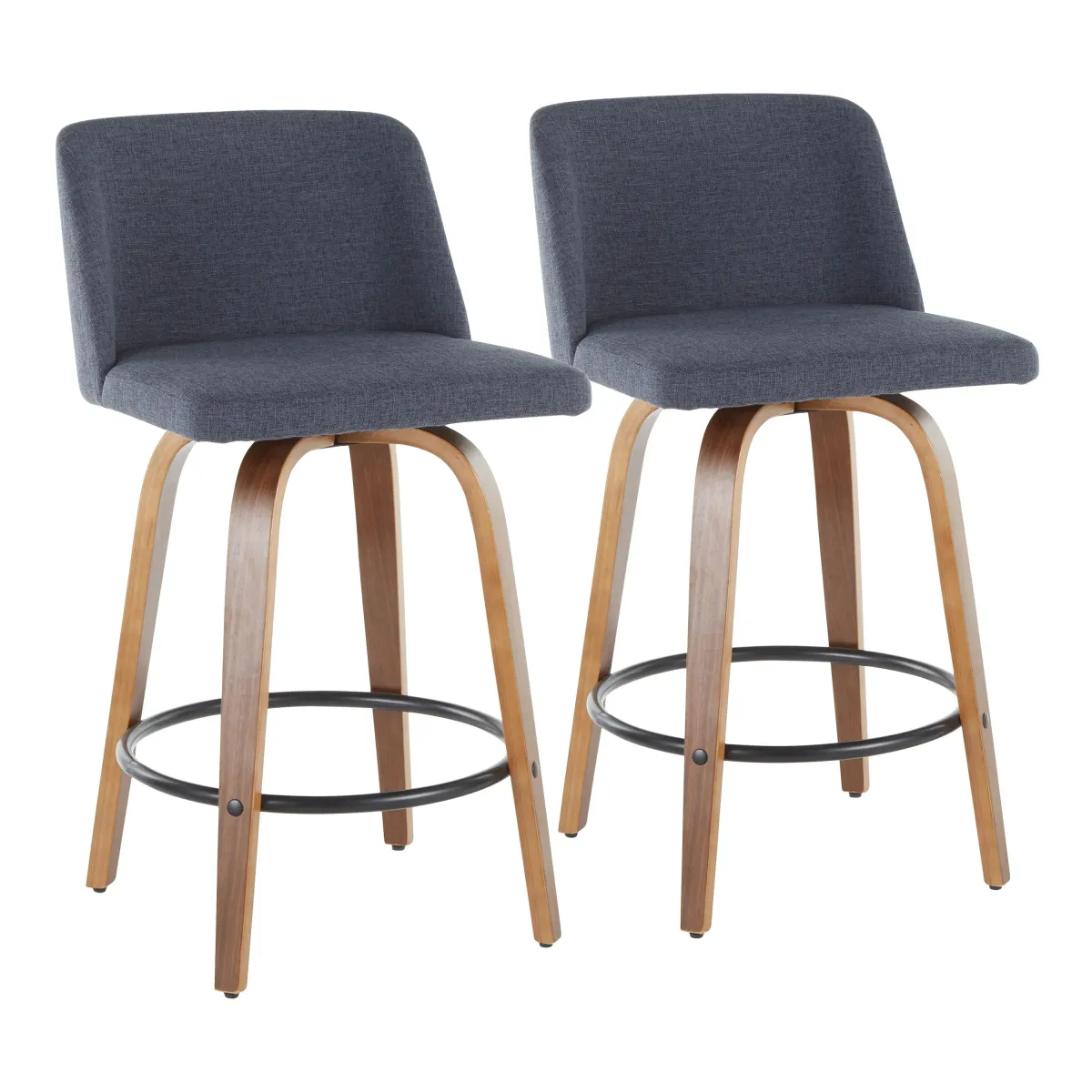Within the field of interior design, your chosen countertops can significantly elevate your space, both aesthetically and functionally. High quality countertops not only contribute beauty to the kitchen or bathroom but additionally enhance the general value of your home. With a vast array of materials and finishes on the market, grasping what makes a countertop of high quality is important for individuals looking to create a lasting investment in their home.
As you embark on the journey of picking the ideal countertop, it's important to know the signs of durability and craftsmanship that differentiate high-end options differing from the rest. From natural stone to engineered materials, each choice offers its unique advantages and considerations. In this article, we will examine key factors that determine countertop quality, assisting you make an informed decision that merges both beauty and strength for the environment.
Spotting High-Quality Counters

When picking a countertop, quality should be your main focus. Premium countertops are generally distinguished by their durability, visual appeal, and the materials from which they are made. A highly crafted countertop will not only withstand the rigors of daily use but also maintain its beauty over the years. https://puppygauge3.werite.net/from-granite-to-quartz-discovering-high-quality-counter-top-materials as material thickness, surface finish, and skilled craftsmanship play key roles in determining the overall quality of the product.
To spot a high-quality countertop, first assess its surface. Seek out smooth, even finishes with no visible seams or defects. Engaging with the surface physically, such as evaluating heat resistance and scratch resilience, can give you insight into its durability. Additionally, understanding the specific properties of natural materials and engineered materials can help you make an informed decision on which countertop best fits your needs.
Finally, look out for warning signs that point to lesser quality. Poor craftsmanship, irregular edges, and insufficient sealing can compromise a countertop's durability and functionality. Taking the time to evaluate these aspects can save you from the unexpected expenses associated with low-quality materials and ultimately lead to a satisfying investment in your home.
Material Comparisons for Durability
When deciding on a countertop, understanding the durability of materials is important. Natural materials such as granite stone and marble stone are renowned for their longevity. This stone is particularly durable, able to withstand scratches and heat, making it an perfect choice for busy kitchens. This material, while sophisticated and timeless, can be more susceptible to stains and chips, which may necessitate more upkeep. Both stone types can endure for decades if well-maintained, but their strengths and disadvantages should be weighed against your lifestyle and usage patterns.
Synthetic stone, primarily quartz surfaces, offers a different type of durability. In contrast to natural materials, quartz countertops are composed of about 90-95 percent finely ground stone mixed with resins and polymers, which enhances their durability. They are non-porous, making them highly stain-resistant, and their uniform appearance provides a modern aesthetic. Although they handle heat reasonably, it is still advisable to use trivets for hot pots. This material often promotes low upkeep, appealing to those who prefer a hassle-free option without compromising quality.
Another material gaining popularity is solid-surface countertops, made from acrylic or polyester. These surfaces are resistant to scratches and can be smoothly integrated for a sleek appearance. One of their key advantages is the ability to fix minor scratches, as they can be easily sanded. However, they are not as heat-tolerant as granite countertops or quartz, and users should be careful with hot cookware. Evaluating these materials and their respective qualities will ensure you invest in a countertop that meets your durability requirements and fits your aesthetic preferences.
Analyzing Counter-top Craftsmanship
When selecting a premium countertop, the skill involved in construction plays a key role in influencing the overall longevity and visual appeal. Expertly made countertops exhibit accuracy in their joints, borders, and surface finish. Search for uniform patterns and hues, as variations may indicate low-quality materials or deficient fabrication techniques. Superior craftsmanship ensures that connections and seams are effectively invisible, enhancing the visual appeal and creating a smooth look.
One more aspect to consider is the attention to detail in the finishing process. A high-quality countertop should have a flawless finish without any blemishes or defects. The borders should be immaculately polished, whether you favor a basic edge or a fancier profile. Additionally, the sealing process should be of superior quality to protect against spillages and moisture, contributing to the durability of the surface.
In conclusion, knowing how the countertop was produced can give you understanding into its caliber. Top-tier countertops are typically made using advanced techniques that adhere to stringent quality control measures. Consult your supplier about the fabrication process and any accreditations their products hold. https://tucker-bynum-2.thoughtlanes.net/maximizing-limited-areas-using-premium-quality-worktops will be honest about their methods and provide you with details that highlights the craftsmanship behind their countertops, ensuring that you select a product that meets your standards for both aesthetics and strength.
